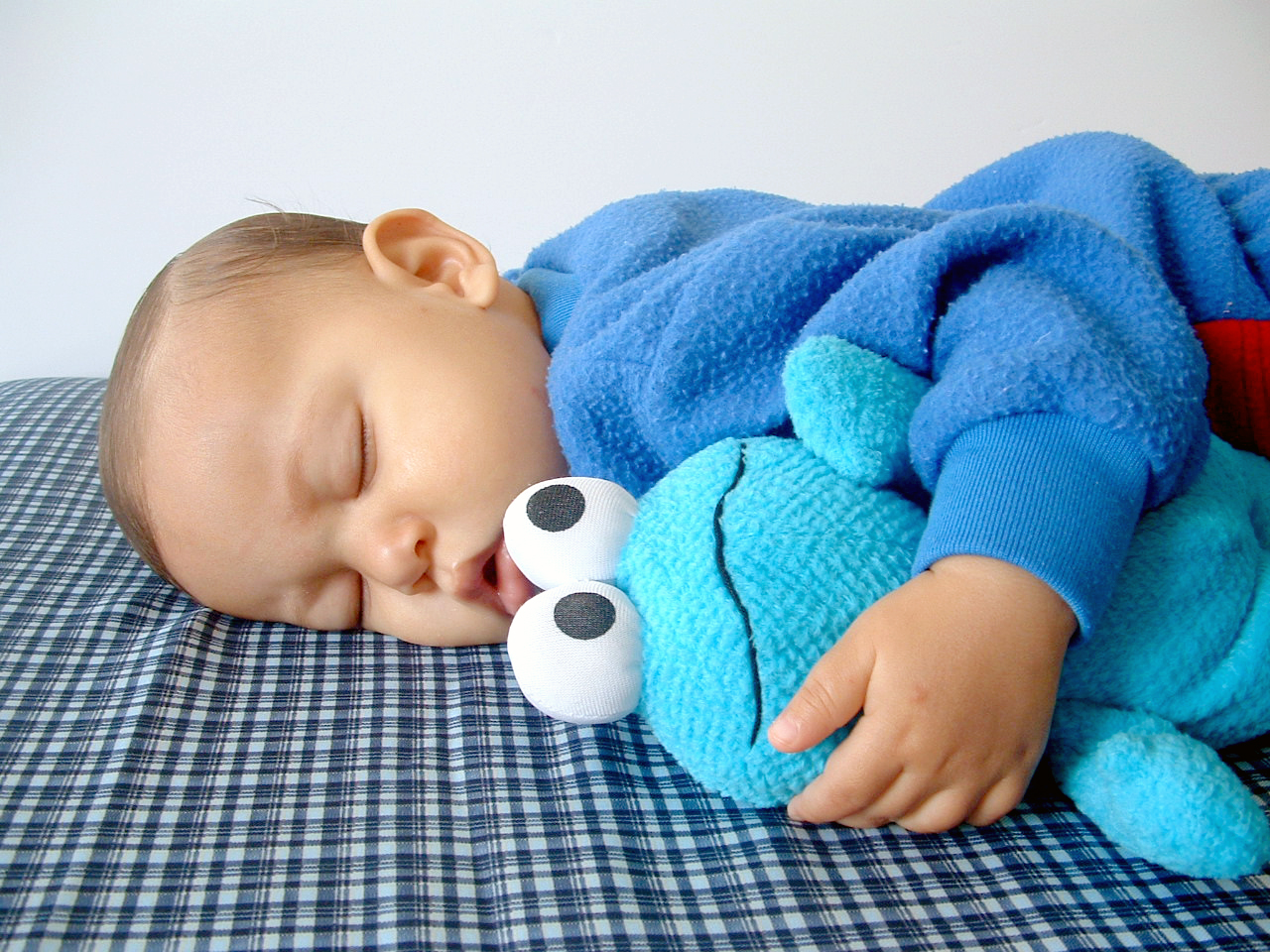
Having trouble getting a good night’s sleep? If you find it challenging to achieve a deep slumber, establishing healthy sleeping habits through sleep hygiene practices might be the solution. Sleep hygiene involves adopting logical habits and practices to create an environment conducive to restful sleep. By following these tips consistently, you can improve the quality and duration of your sleep. Let’s explore some of the most significant tips for better sleep.
1. Avoid Stimulating Substances: To promote better sleep, steer clear of nicotine, alcohol, caffeine, and other stimulating substances. These products can interfere with your ability to fall asleep and stay asleep. If you do indulge in drinks like tea, coffee, soda, or chocolate, consume them at least 5-6 hours before your regular bedtime.
2. Create a Soothing Bedroom Environment: Transform your bedroom into a peaceful sanctuary. Remove any items that don’t belong in a bedroom, keep the lighting soft, and use your favourite scent to create a calming atmosphere that encourages instant relaxation and sleep.
3. Establish a Relaxing Pre-Sleep Routine: Develop a pre-sleep routine that relaxes both your mind and body. Engage in calming activities one hour before bedtime. Taking a bath can induce drowsiness, listening to gentle music (without headphones) can soothe your senses, and for some, reading can work wonders. Find the most comforting practice for yourself.
4. Stick to a Consistent Daily Routine or Exercise: Maintain a consistent daily routine to ensure you feel tired when it’s time to sleep. Following a predictable schedule day in and day out can leave you feeling exhausted by bedtime. If a routine isn’t possible, incorporate regular physical activities into your day. Exercising several hours before bedtime can help your body demand rest, aiding in a more restful sleep.
5. Opt for Light Evening Meals: In the evening, choose light, easily digestible meals. Ensure that you eat at least 3-4 hours before going to bed. Going to sleep on a full stomach can lead to indigestion and disrupt your sleep.
6. Moderate Fluid Intake in the Evening/Night: Stay adequately hydrated by consuming more fluids during the daytime and reducing intake in the evenings. This balance will prevent frequent trips to the bathroom during the night, reducing sleep interruptions.
7. Limit Daytime Napping: While a short 10-15 minute nap can refresh you, avoid long daytime naps. Excessive napping can make you too relaxed to feel tired at bedtime, disrupting your sleep pattern.
Conclusion: Incorporate these sleep hygiene tips into your daily routine to experience more peaceful and restorative sleep. Listen to your body’s signals and adapt these practices to suit your needs. By committing to healthy sleep habits and understanding your body’s cues, you can achieve better sleep quality and wake up refreshed and rejuvenated each morning. Sweet dreams!
DISCLAIMER
All content and information on this website are for informational and educational purposes only.
It does not constitute medical, psychological, or health advice of any kind and we do not warrant that the information presented herein is free of any errors or omissions.
We are not providing medical, health care, nutrition therapy, or coaching services to diagnose, treat, prevent or cure any kind of physical ailment, or mental or medical condition.
Although we strive to provide accurate general information, the information presented here is not a substitute for any kind of professional advice, and you should not rely solely on this information.
Always consult a professional in the medical and health area for your particular needs and circumstances before making any medical or health-related decisions.
What to read next?
https://simplifiedpharmacy.com/blog/
